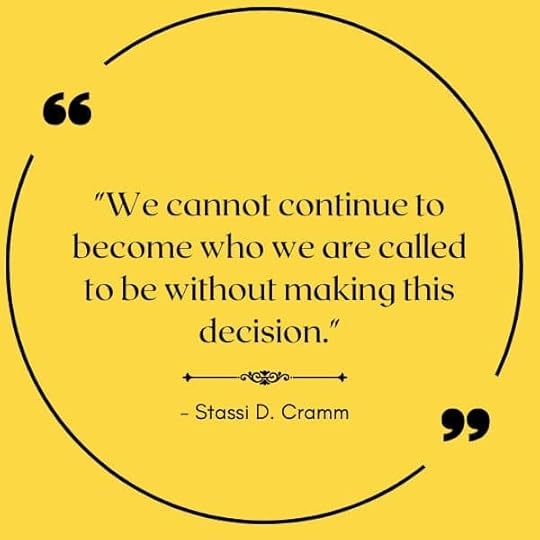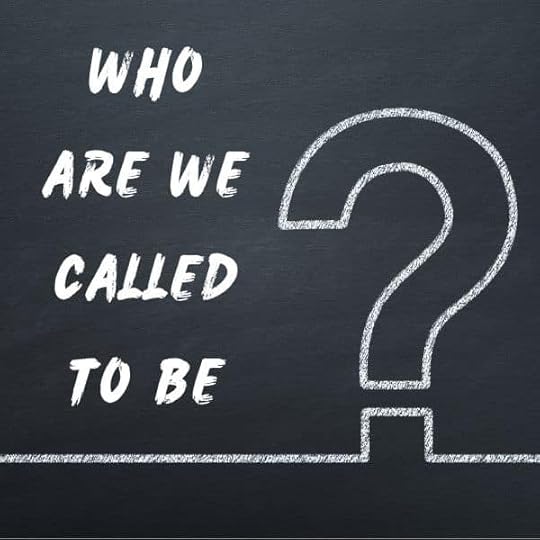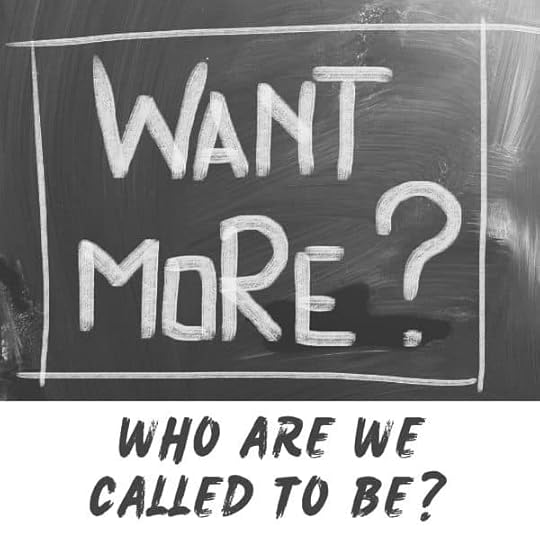Who Are We Called to Be?
The Community of Christ ordained their first woman prophet, Stassi D. Cramm, in June and I eagerly read about her in The Salt Lake Tribune. Two months later, when I think about her interview with Peggy Fletcher Stack, I keep returning to their conversation about the faith’s decision to ordain women in 1984.
In their discussion, Fletcher Stack delicately mentions that “some say the church lost a lot of members over it [women’s ordination]” and Cramm replies simply, “We estimate about half.”
There’s no tone or inflection in Cramm’s response, but I am disarmed by the quiet, confident honesty in her response. She does not hesitate to share this devastating statistic or rush to defend the merits of women’s ordination. Instead, when Fletcher Stack pushes for more, saying, “Some historians argue the church didn’t prepare the people enough for that move. What do you think?,” Cramm responds,
“It was an act of faith. There are those moments where the spirit’s calling is so profound that all you can do is present it to the body and then see what the body does with it. In talking to then-President [Wallace] Smith, it was no longer deniable to him. He sensed it for quite a while [that] we cannot continue to become who we are called to be without making this decision, that God was saying, “It’s now, and what will you do with this invitation?” The leadership and those who remain demonstrated an amazing willingness to take a risk, along with profound courage. I just pray that if I come to one of those crossroads, that I have the discernment and the faith and the humbleness and the courage to make that choice.”
My breath caught a little reading that again.

“We cannot continue to become who we are called to be without making this decision.“
When I discuss women’s ordination within the LDS Church, the response is often the opposite. People do not want to discuss, let alone ask God about, women’s ordination. The general feeling seems to be that we should leave well enough alone. What we sacrifice in the name of patriarchy is better than any alternative.
I hear things like, “LDS men are made better by the LDS Church” or “they are better than men without the Church,” so the patriarchal system is necessary to conquer the natural man. There’s also the belief that this life is temporary and we endure what we don’t know, even if it feels unfair, unjust, or wrong, because God set it up this way. I’ve been told as well that the Church and much of what we practice is focused on the most basic to bring in and retain as many people as possible. Asking or pushing for more or different disrupts this and would be too much for many current members or potential converts.
And, yet, I cannot shake the persistent feeling that we are called to be more.

Years ago, I sat down to a temple recommend interview with one of the most progressive-seeming members of a Stake Presidency I’d ever met. He was a bit of a feminist in his own way and definitely related to plenty of them. He listened to me with an open heart and mourned with me in a way I had not previously experienced from someone in his position. In fact, his heart was so open, he didn’t see any reason why I couldn’t hold my baby during his blessing (until he just double-checked with the higher-ups, who helped him see the light).
I met with this man over ten years ago and our interaction still puzzles, touches, and infuriates me simultaneously. I recall sitting with him and feeling so hopeful. He clearly also knew that we were called to be more. His heart seemed to ache for it. And yet…He ultimately told me that we all have burdens to carry in life and mine seemed to be to witness the injustices of women and still remain faithful.
His comments immediately deflated me. Thanks. I hate it. I thought, “What does that mean? What do I do with that? Why would a loving God give this to me?”
After this interaction, I believed for a long time that he was wrong because I could not be categorized as faithful. But that was informed by a single, rigid definition of what it means to be faithful and act in faith. Yes, I’ve lost faith and felt directionless because the faith tradition I practiced could or would not answer the call to be more. And, while others could stay and fully practice, making change from within, my heart told me that this only enables a system to continue ignoring the call for more. So, acting in faith looks far different than I once imagined.
Perhaps God has called me to witness the injustices of women and remain faithful by speaking up and sharing my faith in a better gospel for everyone that moves beyond patriarchy…even if it is only so that I know I have the courage to make that choice despite the costs.
There’s an obvious response to this, right? The LDS Church has made a decision when it comes to numbers: to let go of women like me, a number that may be bothersome, instead of potentially losing half of their membership and the men necessary to keep congregations going. It’s the safe choice and steadily keeps things as they are.

But what if we’re called to be more? What if God offers something next, beyond, better – we only have to reach for it? Yes, they’ll be risk, sacrifice, roadblocks, and many things will go wrong before they go right.
Where could our faith take us if we weren’t so afraid of what we’d lose without patriarchy?



